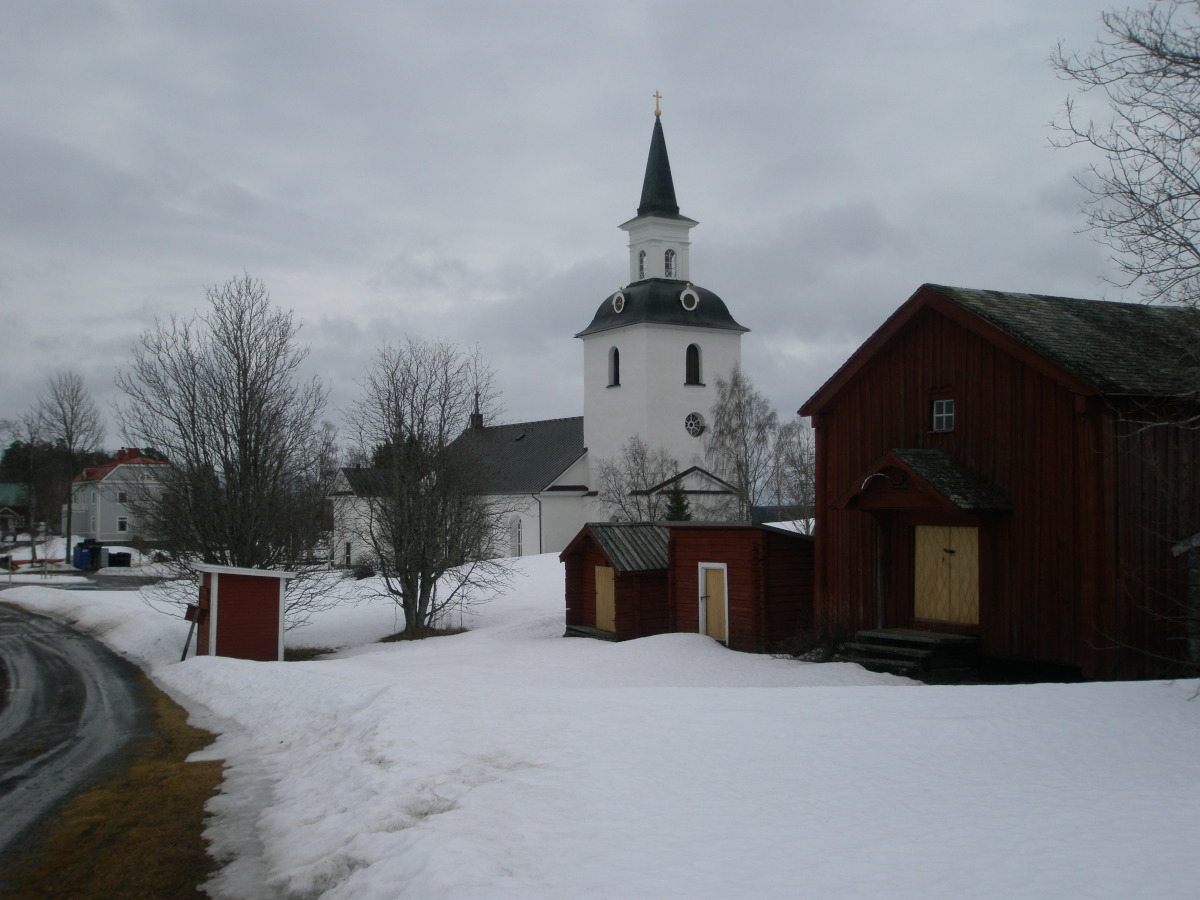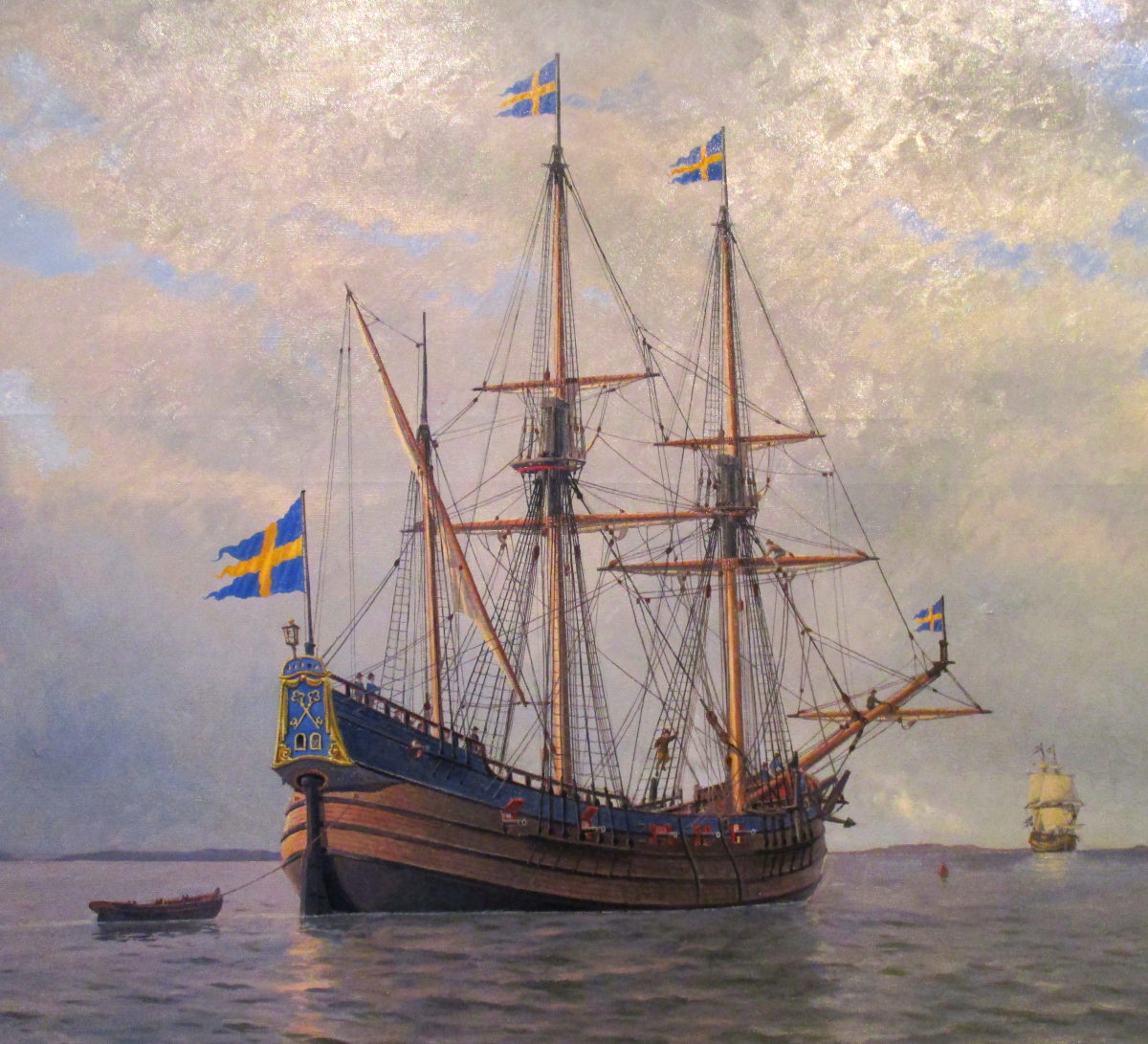One could realistically expect that around three and a half million people in Sweden will be tuned to SVT 1, the main television channel from Sweden’s public service broadcaster.
We are entering the midway point of this year’s Melodifestivalen, the competition where most of the 28 songs dominate the charts each spring and the winner will represent the nation in the Eurovision Song Contest.
One of the most well-known names in tonight’s third heat is Linda Bengtzing.
Linda Bengtzing to many simply is Melodifestivalen. This year’s appearance marks her eighth in the competition, the record for the most different editions of Melodifestivalen a solo artist has taken part in, and even at 47 years of age, she is known for her frantically high energy stage performances.
However, even more distinctive than Linda’s appearance is the music she always brings to Melodifestivalen – schlager. This most Swedish of musical genres in modern times follows every cliché of Eurovision music, including a clap-along rhythm and sing-along chorus all packaged in that oh-so-classic pop song structure complete with a key change to round it off.
Linda’s song this year is a prime example of the genre. Named ‘Fyrfaldigt hurra!’ (literally a ‘Four-fold hurray’, referencing the traditional “Hurra! Hurra! Hurra! Hurra!” that Swedes give in celebration or at events like birthdays), Linda describes the song as “a celebration that we exist, and that we have made it to the party of all parties” with lyrics saying that the artist “can not wait any more, let me go – I’m going to do what I want.”
READ ALSO: Foul-mouthed Swedes rile English-speaking Eurovision fans
This defiance and desire to go and have a good time hits its peak in the second verse – with Linda determined that nobody will stop her quest. However, this is the point where five words of English suddenly appear, as Linda proceeds to sing how she will raise a finger and say “I don’t give a shit.”
These lyrics, Linda explained, would be best translated into Swedish as “jag bryr mig inte” – I don’t care – and the song and this lyric is all about being defiant to difficult times in the past.
“It’s like, I have the right to say that now because I’m so fucking old and have been doing this for such a long time. I can say that, I don’t have time for you because you take my energy and this shit, to do the gigs that gave my soul. Or someone saying for the hundredth time “can you sing, oh, are you kidding?”. I don’t have time for this.
“I think the respect for the pandemic has been real and a struggle and of course, I put all my personal things aside, but I really want to throw it all the fuck away.”
READ ALSO: Why the #%!&# do Swedes swear in English so much?
No Watershed In Sweden
It is easy to understand that this choice of the English phrase will be arresting to many native English speakers watching the show.
In many countries, such language would be protected until after the watershed – a term for the time when shows with such profanities would be allowed to be broadcast freely. These watersheds apply in the late evening, in theory when children are tucked up in bed.
While Melodifestivalen has a target audience of 3 to 99 years of age, Swedish television is not bound by any broadcasting restrictions.
One can argue that Linda’s song and message is an empowering use of swearing – “I don’t give a shit” is not being sung at any person in particular, but to the situations that life has had.
However, this is not the only use of vulgar language in this third heat of Melodifestivalen. One of the co-hosts this week is the comedian Johanna Nordström. After the seven competing songs have been performed, she performs an interval act singing about her childhood memories, and during this number she shouts out “fuck you” to her former school class.

This is not the first time that Swedish television has seen English swear words creep into their programming. Back in 2013 the country held the 58th edition of the Eurovision Song Contest from Malmö, which saw the host described as #milf in the show’s script.
Four years later in 2017 there were critiques from many native English speakers in Sweden for the use of the word ‘fuck’ in Melodifestivalen. That year featured two f-word songs, including the eventual winner ‘I Can’t Go On’ by Robin Bengtsson, used the word fuck and an opening act called ‘Melo-fucking-difestivalen’.
Back in that year, Swedish public service broadcaster SVT received a large number of complaints from both native English speakers and Swedes for the choice of vulgar language, raising public debate about whether such language has a place in the public eye here in Sweden.
Anette Helenius, the project manager for Melodifestivalen, gave this comment about the inclusion of swearing in this year’s 2022 edition.
“Melodifestivalen is not only a show for families and children. Melodifestivalen is aimed at everyone between three to ninety-nine. We reserve the songwriters the right to have an artistic expression. As long as it is not illegal to swear we will not censor the lyrics.”
A Particularly Swedish Phenomenon
There is a clear juxtaposition of the Swedish liberal use of swearing compared to those rules of the Eurovision Song Contest. As that show is subject to stricter regulations on language competing entries must be profanity-free, with Robin Bengtsson that year changing his use of “fucking” to “freaking”.
At this point, it is prudent to glance over across the Baltic Sea at Latvia. Last week Latvia completed their own selection for the Eurovision Song Contest and selected the eclectic pop song ‘Eat Your Salad’.
The song lyrics were censored in that show, with the viral TikTok opening line “Instead of meat I eat veggies and pussy”, seeing that last word omitted in the live performance, and the chorus references “being green is sexy as f…”, without using the English language profanity.
Why would a Latvian audience have censorship of such words and yet a Swedish audience does not? One could hypothesise that it should be the other way around, by virtue of Sweden being a nation in the top 10 for English proficiency globally.
Kristy Beers Fägersten, professor of English linguistics at Södertörns Högskola, suggests that this is a particularly Swedish phenomenon.
“English swear words are used by Swedes with impunity: they get to swear, but there are few to no social consequences or formal sanctions to face. There is also a certain delight in getting away with using English in a way that its native speakers are not free to do so.
“In Sweden, swearing in English is the proverbial having one’s cake and eating it too.”
The liberal use of swearing in English that proliferates Swedish society could have many roots. Part of that could be the fact that television shows and radio hits have no censorship of their own.
Another could be Sweden’s generally relaxed working attitude, famous for having more flat organisational structures in companies, meaning language between employees may be less formal.
Another factor is likely that in particular those terms ‘fuck’ and ‘shit’ are often used similarly here to how they are in the English language. In contrast, Swedish language swear words, Kristy Beers Fägersten explains, are more for when Swedes “want to express an emotional reaction.”
Finding The Swedish Limit
Once again a Melodifestivalen show is going to test cultural boundaries within the international community living here with its use of swearing. There is no denying that in colloquial Swedish today it is natural to use the English swear words to give emphasis – and that the meaning of such is less strong than in native English-speaking nations.
But where would the Swedish limit be? Speaking to other journalists in the press room at the Avicii Arena before tonight’s third Melodifestivalen heat, the general consensus was that words describing vulgar parts of the body (such as ‘pussy’ above) would be pushing a socially acceptable limit.
However, Melodifestivalen history has seen creative solutions to this, After Dark’s 2007 entry ‘(Åh) När Ni Tar Saken i Egna Händer’ (literally (Oh) When you take things in your own hands) uses double entendres to make suggestive mentions of masturbation.
Furthermore, the 1975 Melodifestivalen composition ‘Ska Vi Plocka Körsbär i Min Trädgård?’ (Shall We Pick Cherries In My Garden?), that was voted into the official Melodifestivalen Hall of Fame in 2020, is full of buckets of sexual innuendo, without any explicit mention.
But even Saturday night’s show, with ‘fuck’ and ‘shit’ being thrown around like no big deal, has a very obvious moment of censorship. Before Linda Bengtzing sings the “I don’t give a shit” line, she raises a finger.
Her index finger.
Linda explains that this is her choreography. While she wants to raise her middle finger up to the audience, Linda isn’t doing so because it is a “family show”.
As a native English speaker at first glance, it may seem irrational that there is self-censorship of physical swearing but not that of language. But this example here provides a snapshot as to where Swedish culture is today.
Absolutely Melodifestivalen, the country’s biggest TV show, is a space where vulgarity and crudeness do not have a place. It is just that here in Sweden today, still, that doesn’t apply to the most common swear words in the English language. Culturally, those words do not have anywhere close to the magnitude of gravitas they do elsewhere in the world.
I will leave the question as to if this is the correct approach from SVT’s Melodifestivalen production team or not to you as readers. One may plead that it is culturally insensitive to first-language speakers, but on the other hand, as a show for Sweden today, the reflection of society it portrays is perfectly accurate.
The only advice is if these words do bother you and you are watching the show with family tonight, then note that Linda Bengtzing performs as song number six, and the interval act with Johanna comes on after song seven.
Ben Robertson is covering Melodifestivalen 2022 for ESC Insight.





 Please whitelist us to continue reading.
Please whitelist us to continue reading.
Member comments